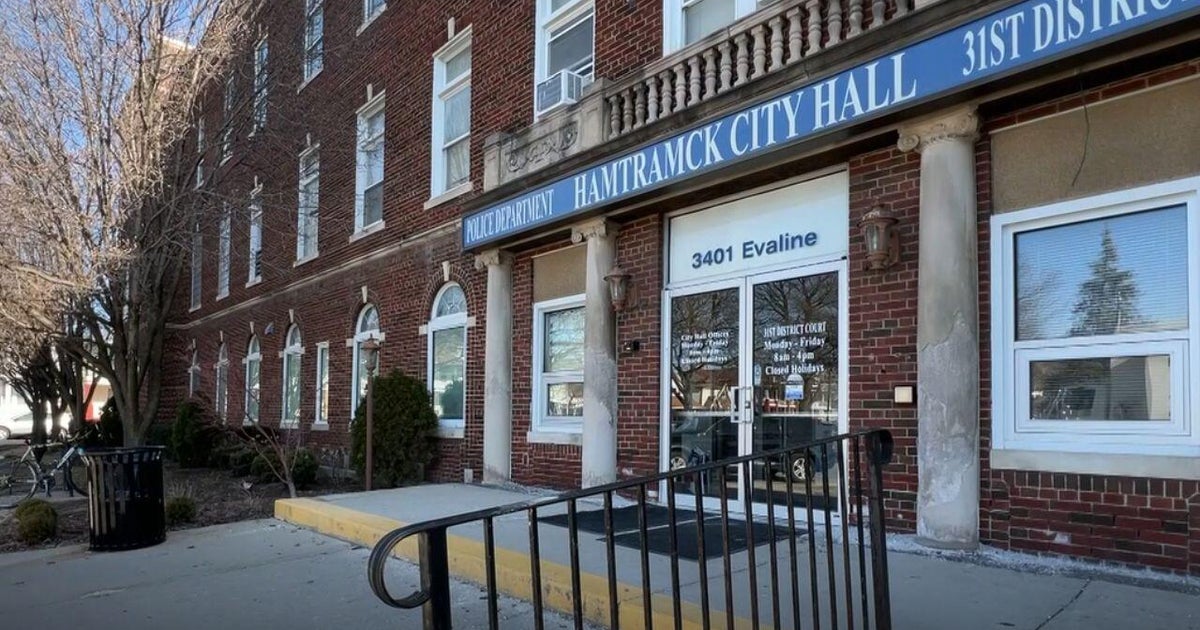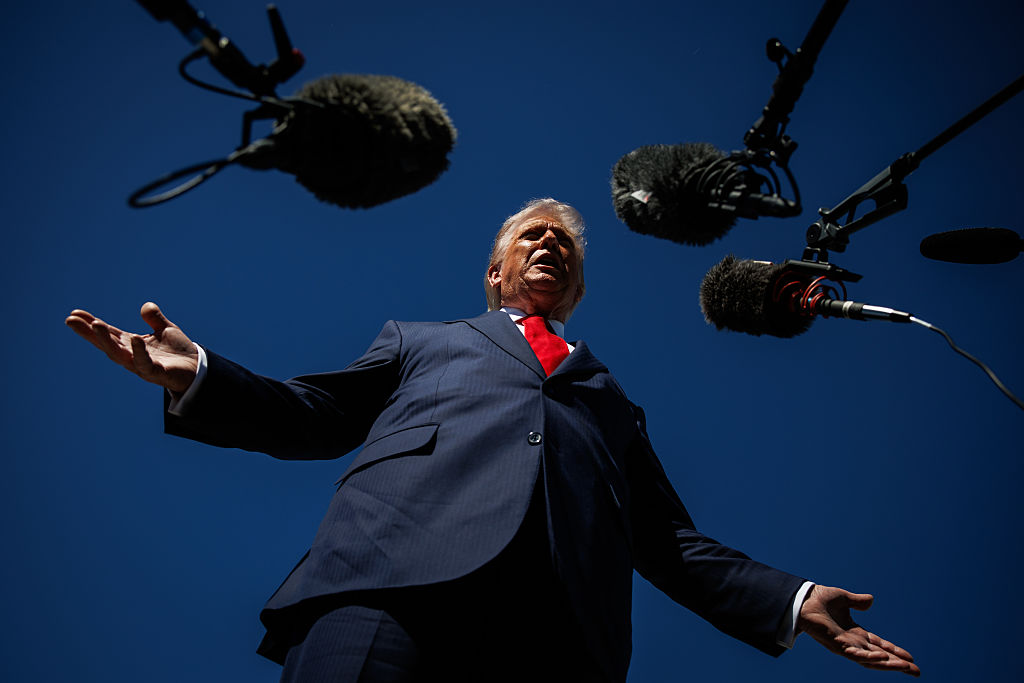Supreme Court rules in favor of FBI in case involving surveillance of Muslim community in California
Washington — The Supreme Court on Friday sided with the FBI in a dispute over its efforts to stop from going forward a lawsuit brought by three Muslim men who argue the federal government targeted them and their Southern California community for surveillance based on their religion.
The court issued a unanimous decision addressing what it said was the narrow question of whether a provision of the Foreign Intelligence Surveillance Act (FISA) displaces the state-secrets privilege, which was asserted by the federal government in its request that the men's claims be dismissed. The FBI argued disclosure of the information sought by the three men would harm national-security interests.
Writing for the unanimous court, Justice Samuel Alito said the justices did not decide whether a federal district court was correct to dismiss most of the claims from the three men and send the case back to the lower court for further proceedings.
"[W]e decide whether the government's evidence is privileged or whether the district court was correct to dismiss respondents' claims on the pleadings," he wrote.
Alito noted that the text of FISA "weighs heavily" against the argument raised by the men that FISA displaces the state-secrets privilege.
"FISA makes no reference to the state secrets privilege," he wrote. "It neither mentions the privilege by name nor uses any identifiable synonym, and its only reference to the subject of privilege reflects a desire to avoid the alteration of privilege law."
The legal battle before the justices arose after the FBI used a confidential informant named Craig Monteilh to gather information about Muslim residents in Orange County from 2006 to 2007. Over a 14-month span, Monteilh allegedly surveilled the Muslim Americans through non-electronic and electronic means, including by gathering personal information through face-to-face meetings and through video and audio recordings from inside mosques, homes, businesses and at events, according to court filings.
The FBI's operation, known as Operation Flex, fell apart when Monteilh began expressing interest in violence and said he had access to weapons and wanted to take violent action, according to filings with the Supreme Court. Members of the Muslim community reported him to law enforcement, after which he was revealed to be an FBI informant.
Three of the men who met with and were surveilled by Monteilh — Sheikh Yassir Fazaga, Ali Uddin Malik and Yasser AbdelRahim — sued the FBI in federal court, alleging they were targeted for surveillance because of their religion.
But the federal government moved to dismiss the suit, arguing the claims couldn't be litigated without risking the disclosure of state secrets — namely, who was being investigated and why — and invoked the state-secrets privilege.
The district court upheld the government's assertion of the state-secrets privilege, finding its disclosure would compromise national security. But the 9th U.S. Circuit Court of Appeals reversed, ruling that the procedures established under FISA regarding the legality of challenged electronic surveillance displace the state-secrets privilege and the district court should have reviewed the materials first to see whether the surveillance was unlawful.
With its decision, the Supreme Court reversed the 9th Circuit's decision that allowed the suit to move forward.





